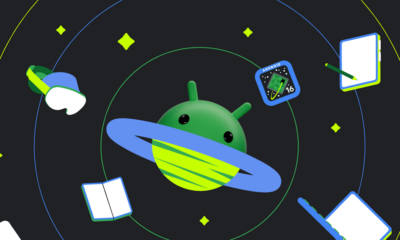Android
Google reorganizes Gemini, Assistant, and Search, adds passport support to Wallet and introduces new security features in Android
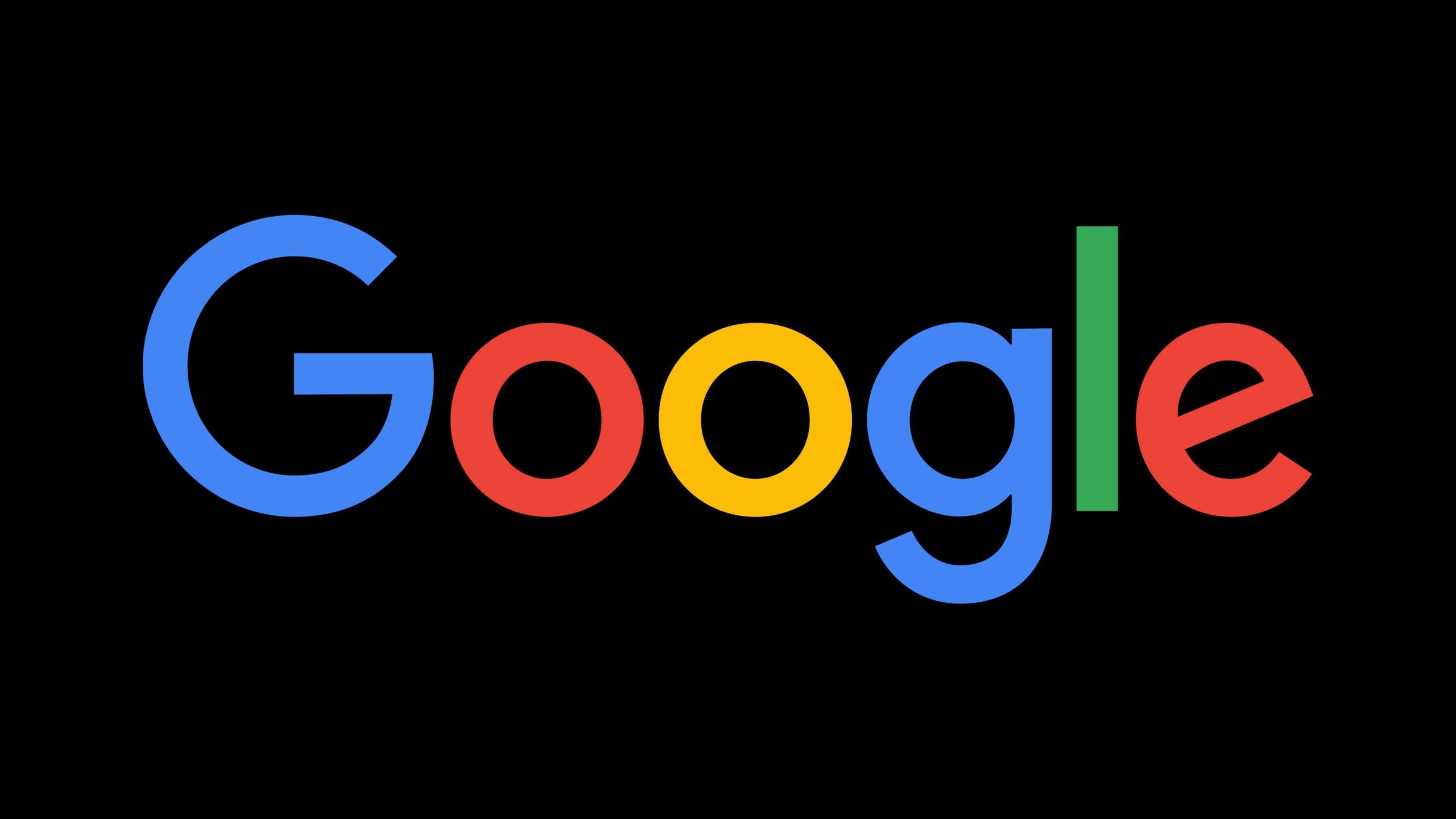
Google has announced a major reorganization across several of its key areas, including Gemini, Assistant, and Search. CEO Sundar Pichai explained the changes in a recent company update, stating that these shifts are aimed at improving efficiency, innovation, and product development, particularly in AI-powered solutions.
Gemini Team Moves to DeepMind
The Gemini app team, previously part of Google’s Knowledge & Information (K&I) division—responsible for Search, Ads, Maps, and Commerce—is now being moved to the Google DeepMind organization. DeepMind is Google’s AI research lab, and this move is intended to enhance collaboration between teams and accelerate the deployment of new AI models.
Pichai noted, “By bringing these teams closer together, we can improve feedback loops, speed up deployment of new models in the Gemini app, and make our post-training efforts more efficient.”
Assistant Now Part of Pixel and Android
Google’s Assistant team, previously linked to the Gemini team, will now be part of the Platforms & Devices division, which oversees Pixel and Android. This realignment allows Assistant developers to work more closely with the hardware and software products they’re supporting, with a stronger focus on enhancing user experience in AI-driven home and device integrations.
This shift brings Google’s AI-powered initiatives, especially in the home automation and device ecosystem, under a unified team, which is expected to streamline efforts and drive better results.
Prabhakar Raghavan Transitions to Chief Technologist
Another significant change involves Prabhakar Raghavan, who has stepped down from his role as Senior Vice President of Search. He will now take on the role of Chief Technologist at Google, where he will partner closely with Sundar Pichai and other Google leaders to provide technical direction and leadership.
Raghavan’s contributions to Google have been vast, spanning across products like Gmail, Drive, Ads, and Search. He played a key role in launching AI-powered features such as Smart Reply and Smart Compose, while also driving AI advancements in Search, including the introduction of AI Overviews and visual search tools like Lens. His transition to Chief Technologist marks a new phase in his career, where he will continue to influence the technical growth of the company.
Nick Fox Takes Over Knowledge & Information Division
Following Raghavan’s move, Nick Fox, a long-time Googler and Senior Vice President, will now lead the Knowledge & Information division. Fox has been instrumental in shaping Google’s AI product strategy, working on initiatives that span Search, Assistant, Ads, and more. He has launched successful consumer products like Google Fi and has led complex projects such as RCS messaging.
Fox’s new role signals Google’s commitment to continuing its innovation in AI-driven products and services, particularly in Search, Ads, and other K&I-related areas.
Google Wallet Testing Digital Passport Feature
In another exciting development, Google Wallet has begun testing a feature that allows users to store digital versions of their U.S. passports. This feature is currently in beta for users enrolled in Google Play services and is available for domestic flights in select U.S. airports.
The process to add a passport to Google Wallet involves scanning the passport’s information page, detecting the embedded security chip using NFC technology, and submitting a brief video to verify the user’s identity. Google will then match the video to the passport photo to confirm the authenticity of the document.
This feature, much like the existing state ID option in Google Wallet, offers users the convenience of securely carrying their identification digitally. If a phone is lost, users can remotely remove the digital passport from their devices.
New Security Features in Android 15
As part of Android’s upcoming updates, Google is introducing a new security feature called “Failed Authentication Lock” as part of its enhanced theft protection suite. This feature will lock down devices after multiple failed login attempts, preventing unauthorized access.
This new layer of security adds to Android’s existing protections, which include Theft Detection Lock, Remote Lock, and Offline Device Lock. These features are part of Google’s continued efforts to strengthen user privacy and security across its ecosystem.
Conclusion
Google’s recent organizational changes reflect its ongoing efforts to streamline AI development, enhance product efficiency, and bolster security. Moving the Gemini app team to DeepMind, refocusing Assistant on device integrations, and adding digital passport functionality to Google Wallet demonstrate the company’s commitment to innovation. With the introduction of new security measures in Android 15, Google continues to prioritize user safety and a seamless experience across its services.
Android
Android 16 boosts USB data safety and fixes delayed notifications on Pixel phones
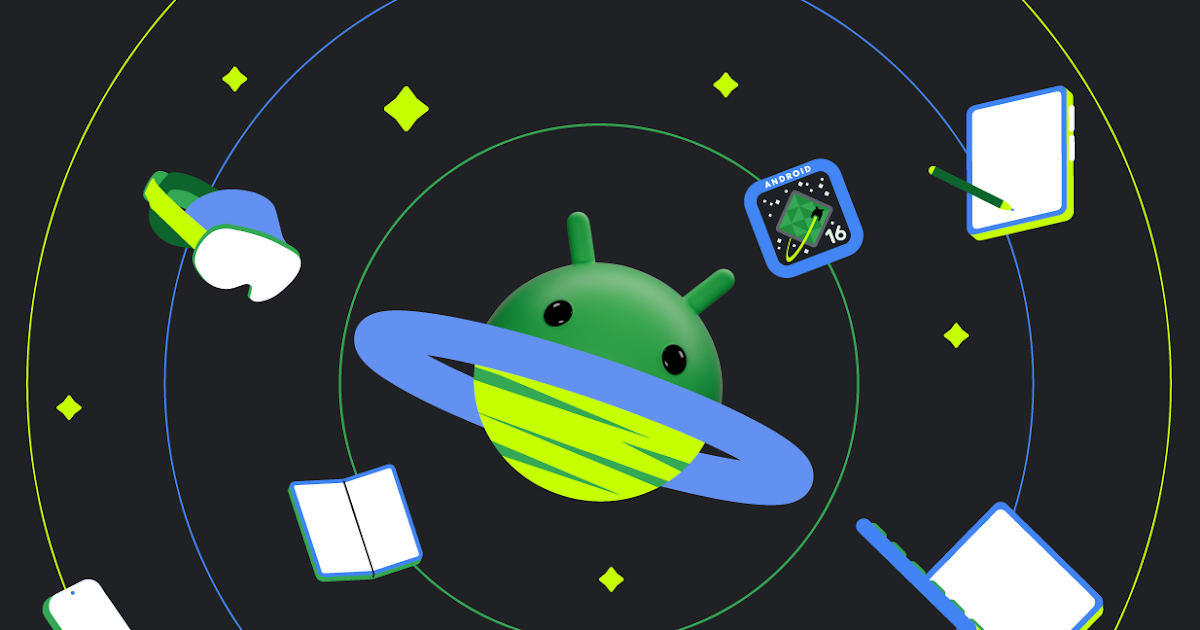
Google’s upcoming Android 16 update is bringing better security and some helpful improvements, especially for Pixel phone users. One of the main features in Android 16 is a new way to protect your phone’s data when it’s connected to a computer through USB. Right now, when you plug your phone into a PC or laptop, it can access all your data as long as you approve it.
With Android 16, Google is adding an extra security layer that only allows limited access unless you enter your PIN, password, or use your fingerprint. This will help protect your files if someone tries to access your phone without permission.
At the same time, Google is also working on a fix for a frustrating issue that some Pixel users have been facing for months — delayed notifications. After the April 2024 update, many users noticed that app alerts were not showing up on time, especially from messaging apps. Google has confirmed the problem and says a fix will be included in a future update, though it’s not in the current April patch yet.
Together, these changes show that Google is focusing on both stronger privacy and a smoother experience for Android and Pixel users. Android 16 is expected to roll out later this year, starting with developer previews.
Android
Google improves Translate, Assistant, TV, and Chrome with new updates

Google is bringing several updates across its apps to make them more useful and easier to use. Google Translate is working on a new feature called “Practice.” It helps users improve their language skills by offering short exercises, like matching words or filling in blanks. Right now, it looks like it will focus on Spanish, but other languages may come later. This tool could be great for people who want to go beyond just translating words and learn the language.
Google Assistant’s Driving Mode in Google Maps is starting to shut down. Many users are noticing that the card-style dashboard is disappearing, and the Assistant voice command shortcut no longer works. Google hasn’t officially said why, but it seems they’re moving away from this feature, possibly to focus on other tools or experiences in Maps.
Google TV’s Freeplay app is now back with a fresh look. It gives users free access to over 100 live TV channels. The redesign makes it easier to browse channels and see what’s playing. The new layout also highlights what’s currently on, making it faster to start watching without having to dig through menus.
Lastly, Google Chrome is testing a new built-in PDF viewer. This upgraded tool makes reading and editing PDFs easier right inside the browser. It includes better zoom controls, a cleaner layout, and a page list view that lets users jump to specific pages more quickly. These updates show Google’s push to improve how we learn, drive, watch TV, and browse the web.
Android
Android 15 grows slowly, while Google brings new AI tools to search and creators
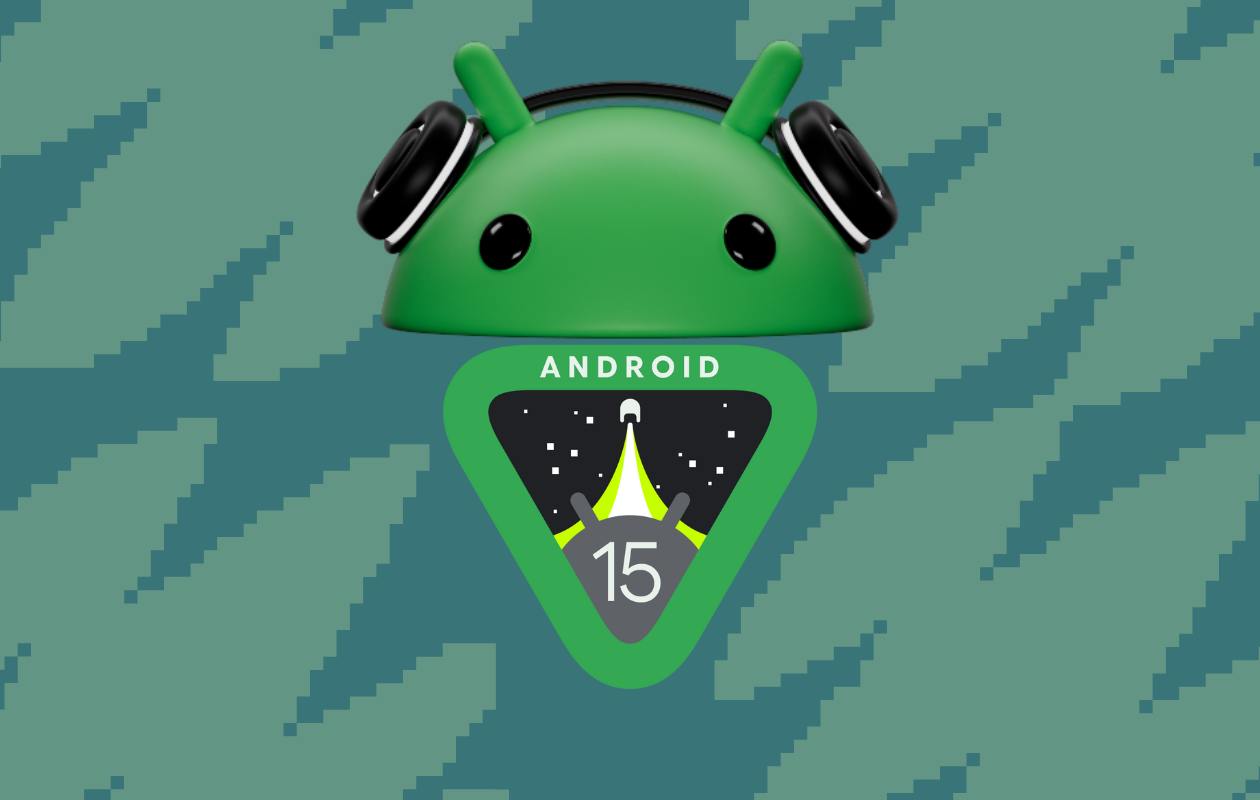
Google has shared the latest Android version usage numbers, showing that Android 15 is still in the early stages of adoption. As of April 2025, only 0.1% of Android devices are using Android 15. This version is currently in its beta phase, mostly available on Pixel and select partner phones. Android 14 leads the way with a 35.2% share, followed by Android 13 at 17.3% and Android 12 at 15.4%. Android 11 still holds 12.4%, showing how long older versions stick around.
Meanwhile, Google is also making changes in its AI efforts. The Gemini AI “prompt bar,” first seen in the Chrome browser, is now being tested in Google Search. This new feature lets users type or click suggestions to ask questions directly using Gemini, making search more interactive. It’s rolling out to more people gradually.
In addition to that, Google introduced Veo, a powerful video generation tool for creators. Veo can make high-quality videos from simple text prompts, using advanced AI to understand scenes, emotions, and cinematic styles. Google is currently letting select creators try Veo through a waitlist.
Together, these updates show how Google is improving both its Android platform and AI services. While Android 15 adoption is just beginning, features like the Gemini prompt bar and Veo highlight the company’s growing focus on AI to enhance user experiences across devices and tools.
-
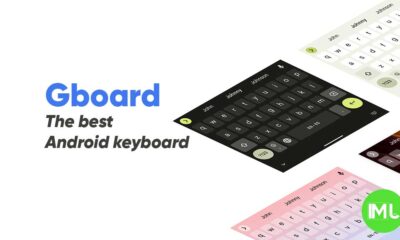
 Apps1 year ago
Apps1 year agoGboard Proofread feature will support selected text
-

 News1 year ago
News1 year agoSamsung USA crafting One UI 6.1.1
-

 News1 year ago
News1 year agoBreaking: Samsung Galaxy S22 may get Galaxy AI features
-
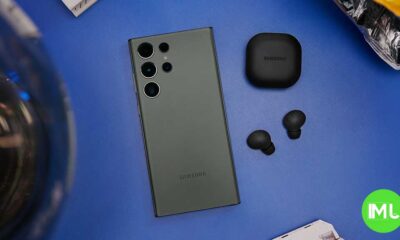
 News1 year ago
News1 year agoSamsung Galaxy S23 Ultra with One UI 6.1 and all S24 AI features revealed
-

 News1 year ago
News1 year agoOne UI 6.1 Auracast (Bluetooth LE Audio) feature coming to many Samsung phones
-

 News1 year ago
News1 year agoSatellite SOS feature coming to Google Pixel phones, evidence leaked
-
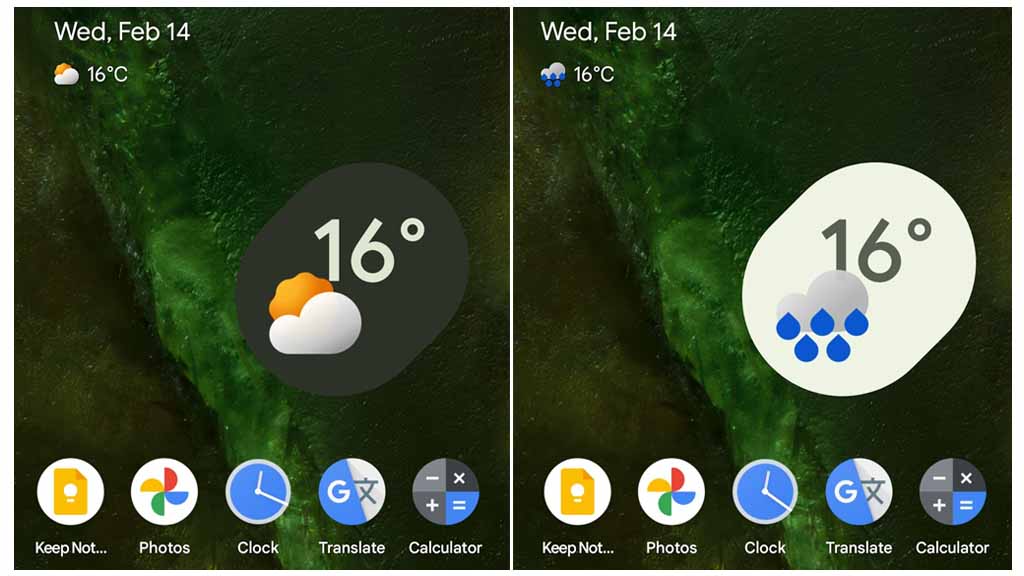
 Apps11 months ago
Apps11 months agoGoogle’s fancy new Weather app is finally available for more Android phones
-
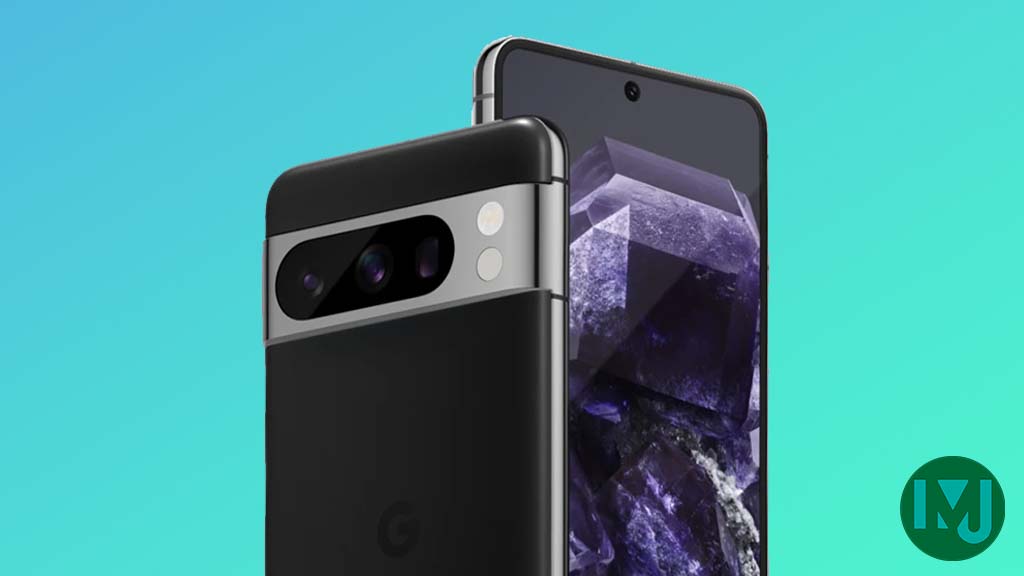
 News1 year ago
News1 year agoGoogle Pixel evolves as Europe’s third best selling flagship

